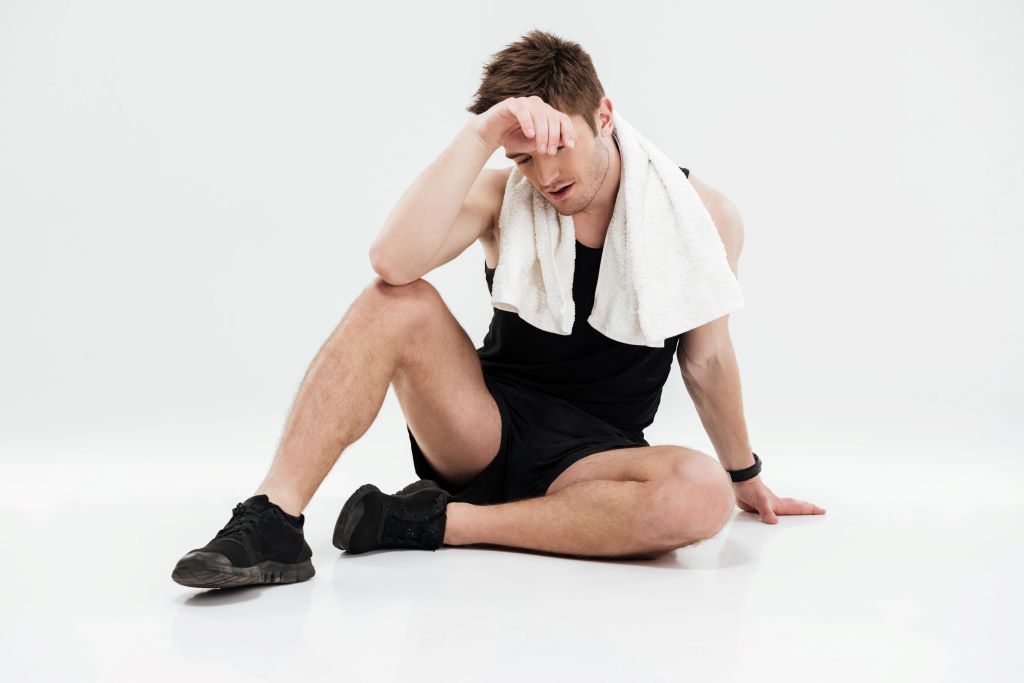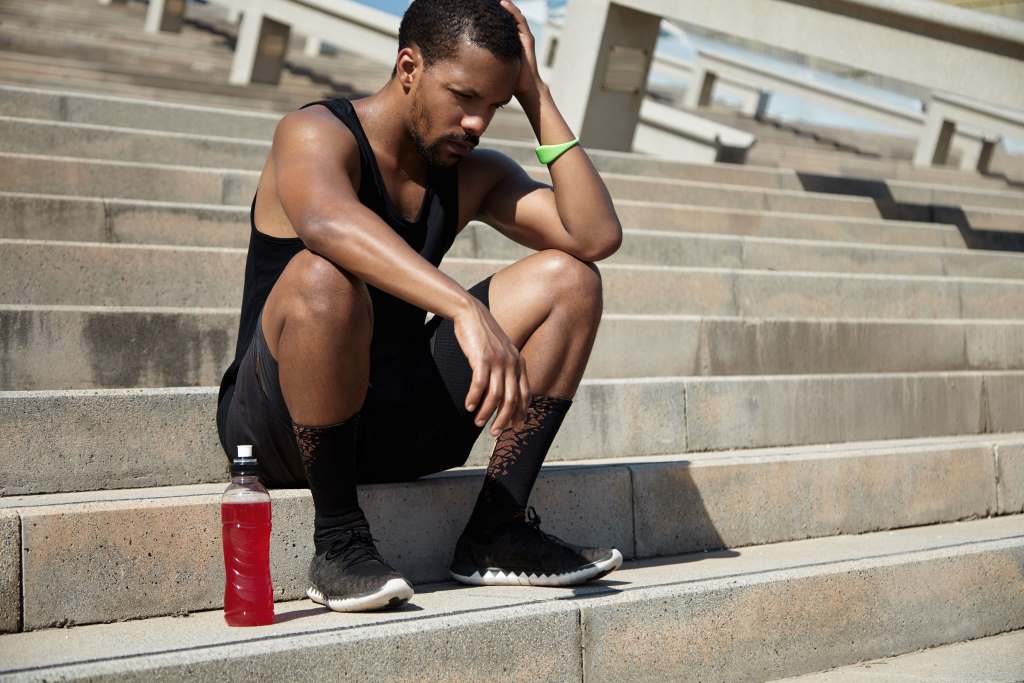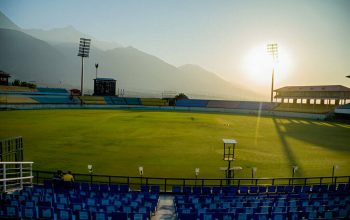In the world of sports, athletes are often celebrated for their exceptional skills, dedication, and commitment to excellence.
However, a dark cloud looms over this realm as some athletes find themselves entangled in the web of alcohol addiction, leading to a significant decline in their performance.
This article delves into the adverse impact of alcohol addiction on sports performance, shedding light on the physiological, psychological, and social consequences that can transform the path from glory to gloom.
Physiology of Alcohol and Its Impact on the Body
Alcohol, once consumed, rapidly enters the bloodstream and affects various physiological processes in the body. It impairs coordination, reaction time, and muscle function, leading to decreased athletic performance.
Chronic alcohol abuse can also damage organs like the liver and disrupt hormone levels, further compromising sports performance.
1. Hitting the Bottle
Alcohol, a psychoactive substance, can have a profound impact on an athlete’s physiology. When consumed, it quickly enters the bloodstream and affects the central nervous system, leading to impaired judgment, decreased coordination, and slower reaction times.
For athletes whose success relies heavily on precision and split-second decisions, these effects can be detrimental to their performance.
2. Dehydration and Stamina
One of the often-overlooked consequences of alcohol consumption is dehydration. Alcohol is a diuretic, meaning it increases urine production and contributes to fluid loss. In sports that demand endurance and stamina, dehydration can be a game-changer.
Athletes may find themselves fatigued more quickly, compromising their ability to maintain peak performance throughout a competition.
Psychological Toll
Alcohol addiction takes a significant psychological toll on athletes, impacting their focus, motivation, and overall mental well-being. The constant battle with addiction can lead to feelings of guilt, shame, and anxiety, ultimately hindering performance and undermining their potential in sports.
1. Escaping Reality
Athletes face immense pressure to perform at the highest level consistently. Some turn to alcohol as a coping mechanism, seeking refuge from the stress and expectations that accompany their profession.
However, this coping mechanism often exacerbates existing mental health issues and may lead to a vicious cycle of dependence and declining performance. The escape provided by alcohol becomes a temporary solution with long-term consequences.
2. Cognitive Impairment
Beyond the physical repercussions, alcohol addiction takes a toll on an athlete’s mental acuity. Cognitive functions such as memory, concentration, and decision-making are compromised, hindering an athlete’s ability to strategize and adapt during a game.
This dulling of the mental edge can be particularly devastating in sports that demand quick thinking and strategic prowess. Addressing these challenges requires professional help to recover not just physically but mentally as well.
Therapy can play a critical role in this recovery process, helping to restore cognitive functions and mental sharpness.
For athletes looking to regain their competitive edge and mental clarity, finding a local therapist who understands the unique pressures of sports can make a significant difference. If you’re seeking support, start by searching for a therapist near me who specializes in addiction recovery and sports psychology to help navigate the path to full mental recovery and optimal performance.

Social Ramifications
Alcohol addiction not only affects an individual’s physical and mental well-being but also their social life and relationships. In the context of sports, it can lead to strained interactions with teammates, coaches, and fans, impacting team dynamics and overall performance.
1. Alienation from the Team
Alcohol addiction can create a rift between an athlete and their team. Team dynamics are crucial in sports, relying on trust, communication, and unity.
When an athlete succumbs to alcohol addiction, they may become isolated from their teammates, breaking the essential bonds that contribute to a team’s success. The resulting sense of alienation can further exacerbate the athlete’s mental health struggles.
2. Public Perception and Stigma
The sports world is not immune to societal judgments and stigmas associated with addiction. Athletes who battle alcohol addiction often face public scrutiny, with their struggles becoming tabloid fodder.
This negative attention can compound the athlete’s stress and may hinder their ability to seek help openly. The fear of judgment can drive athletes to conceal their addiction, perpetuating a cycle of isolation and worsening their mental health.
Performance Decline
Alcohol addiction can lead to a significant decline in sports performance by affecting coordination, reaction time, and decision-making abilities. This decline can ultimately hinder an athlete’s ability to train effectively, compete at their best, and achieve their athletic goals.
- Missed Opportunities and Lost Careers: Alcohol addiction can rob athletes of opportunities that may never come again. Missed training sessions, failed competitions, and deteriorating relationships with coaches and sponsors can lead to a rapid decline in an athlete’s career trajectory.
- Deteriorating Physical Fitness: As an athlete succumbs to alcohol addiction, their physical fitness inevitably suffers. Regular training sessions may be neglected or replaced by alcohol consumption, leading to muscle atrophy, decreased cardiovascular fitness, and compromised strength.

Road to Recovery: A Glimmer of Hope
Through seeking support, therapy, and adopting healthier habits, athletes can gradually regain control of their lives and excel in their sport once again.
- Acknowledging the Problem: Recovery from alcohol addiction is a challenging journey that begins with acknowledging the problem. Athletes must confront their dependence on alcohol, often with the support of medical professionals, therapists, and their support network.
- Seeking Professional Help: The road to recovery is best navigated with professional guidance. Athletes may benefit from specialized treatment programs that address both the physical and psychological aspects of alcohol addiction. Alcohol Rehab Centres equipped with experienced medical staff and counsellors can provide the necessary tools for athletes to reclaim control over their lives and careers.
Overcoming Stigma
By addressing the negative perceptions and stereotypes associated with addiction, athletes can seek help without fear of judgment, ultimately improving their physical and mental well-being.
1. Promoting Mental Health Awareness
To break the cycle of stigma surrounding alcohol addiction in sports, there must be a collective effort to promote mental health awareness.
Athletes, coaches, and sports organizations can contribute by fostering an environment that encourages open discussions about mental health challenges.
By normalizing seeking help and destigmatizing addiction, the sports community can become a catalyst for positive change.
2. Group Therapy and Rehabilitation Programs
Sports organizations play a pivotal role in supporting athletes on their journey to recovery.
Implementing rehabilitation programs, providing access to mental health resources, and offering group therapy can create an environment where athletes feel safe. By prioritizing the well-being of athletes, organizations can contribute to a culture of resilience and recovery.

Conclusion
Alcohol addiction poses a formidable threat to the world of sports, casting shadows over the careers of talented athletes and tarnishing the glory they once achieved.
The adverse impact of alcohol on sports performance is far-reaching, affecting physiology, psychology, and social dynamics. However, amidst the gloom, there is hope.



